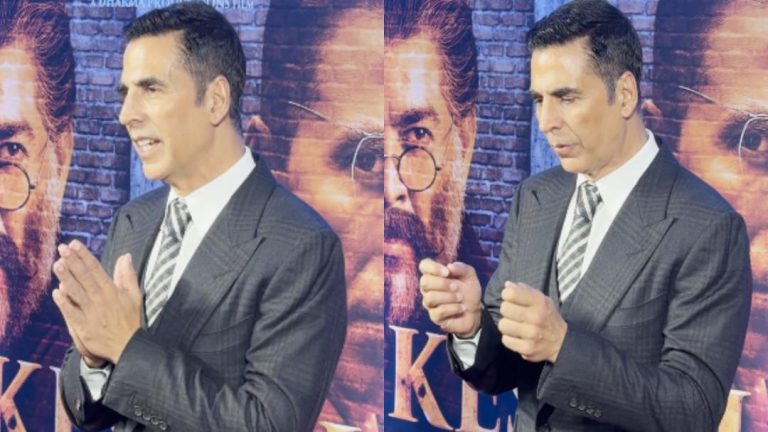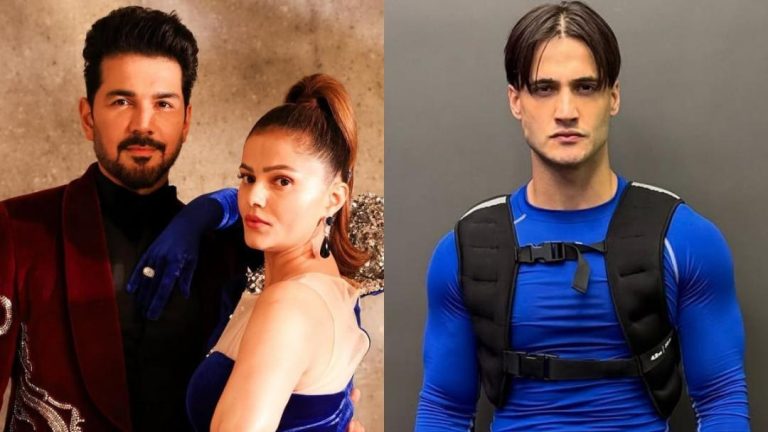
Pooja Bedi, 7 Others Accused of Disclosing Rape Survivor’s Identity in Karan Oberoi Case
In a shocking turn of events, a Mumbai sessions court has declined to halt proceedings against eight people accused of revealing the identity of a woman who filed a rape complaint against Karan Oberoi in 2019. The Metropolitan Magistrate Court initiated legal proceedings against Pooja Bedi, Anveshi Jain, Chaitanya Bhosle, Varkay Patani, Gurbani Oberoi, Sherrin Verghase, Sudhanshu Pandey, and advocate Dinesh Tiwari for allegedly disclosing the survivor’s identity during a press conference.
The case has sparked a heated debate on the issue of privacy and the importance of protecting the identities of survivors of sexual assault. The accused individuals, who are all prominent figures in the entertainment industry, claim that they did not reveal the survivor’s identity intentionally and that it was an oversight.
The survivor, who had accused Karan Oberoi of raping her in 2017, had filed a complaint against the accused individuals for allegedly breaching her right to privacy. The survivor’s lawyer argued that the accused individuals had deliberately revealed her identity to the media and the public, which had put her in danger and caused her immense harm.
The court’s decision to decline to halt proceedings against the accused individuals is a significant development in the case. The court’s ruling suggests that the accused individuals will have to face trial for their alleged actions.
The controversy surrounding the case has sparked a heated debate on social media, with many people expressing outrage and anger at the accused individuals for allegedly breaching the survivor’s right to privacy. The case has also raised questions about the lack of protections for survivors of sexual assault and the importance of protecting their identities.
The accused individuals have denied any wrongdoing and claim that they did not intentionally reveal the survivor’s identity. Pooja Bedi, one of the accused individuals, took to social media to deny any wrongdoing and claimed that she did not know that the survivor’s identity had been revealed.
“I did not intentionally reveal the survivor’s identity,” Pooja Bedi wrote on social media. “I apologize for any harm or inconvenience caused to the survivor. I am willing to cooperate with the authorities and resolve this matter amicably.”
The case is a stark reminder of the importance of protecting the identities of survivors of sexual assault. The survivor’s right to privacy is a fundamental human right, and it is essential that we take steps to protect their identities and prevent further harm.
The court’s decision to decline to halt proceedings against the accused individuals is a significant development in the case. The accused individuals will have to face trial for their alleged actions, and the court will have to determine whether they are guilty of breaching the survivor’s right to privacy.
The case has raised important questions about the role of the media in reporting on sexual assault cases and the importance of protecting the identities of survivors. The media has a responsibility to report on these cases in a responsible and sensitive manner, and to avoid revealing the identities of survivors.
The case has also raised questions about the lack of protections for survivors of sexual assault and the importance of providing them with support and resources. The survivor’s right to privacy is a fundamental human right, and it is essential that we provide them with the support and resources they need to heal and recover.
In conclusion, the case of Pooja Bedi and the seven other accused individuals is a stark reminder of the importance of protecting the identities of survivors of sexual assault. The accused individuals will have to face trial for their alleged actions, and the court will have to determine whether they are guilty of breaching the survivor’s right to privacy.
The case has raised important questions about the role of the media in reporting on sexual assault cases and the importance of protecting the identities of survivors. The media has a responsibility to report on these cases in a responsible and sensitive manner, and to avoid revealing the identities of survivors.
The case has also raised questions about the lack of protections for survivors of sexual assault and the importance of providing them with support and resources. The survivor’s right to privacy is a fundamental human right, and it is essential that we provide them with the support and resources they need to heal and recover.
Sources:






